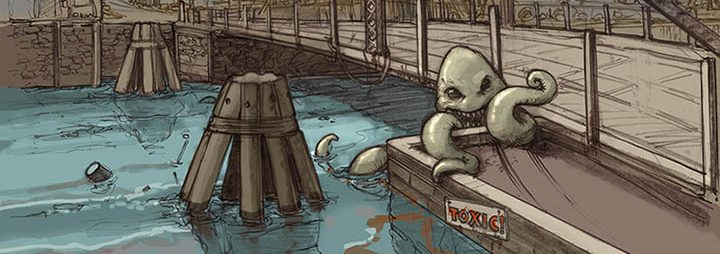Changes made
- Removed citation
- Added more information from the documentary
In 1961, Project urbanization meant to Robert Mosses to tear down homes of people leaving in lower Manhattan, by creating highways. In his eyes he perceived the lower downtown area as slums and he felt that it needs to be altered into something that will bring more traffic into the city in the name of rebuilding of the city. In his opinion he looks upon an area that is a working class to be considered as one of the worse area of Manhattan. He wanted to bring about a vast renewal project that serves as three free flow of a highway. The vision that Robert mosses that seemed was to swamp down many neighborhoods just for the sake of his vision, not considering thousands of people will lose their home and business along the process. The determination of many of the residents had driven to sought out a change to stop the destruction of communities. To help their fight was a journalist Jane Jacob, who was a common individual that understood the devastation of the residents. Jacobs used the power of journalism to reach out for change for these citizens. Jane Jacob and her colleagues banded together to fight local neighborhood in Manhattan by holding rally, staging demonstrations and attacking in public hearing, trying to stop him plan. She had a different kind off vision she held was to create a more harmonized neighborhood, and create an integrated community. Her tools where not only her writings, but rather she fought with her mind by rallying and walking in marches with the residents. People living in these neighborhood acknowledged her effort and her fight to save their homes and history. The fight brought many individuals together that created a powerful change. Many oppositions disagreed to Moses view about building an expressway as he favored expressways over people’s home.
In my opinion, Robert Moses is like one of the current day developer who reconstructs an area, thinking that they are doing the right thing, but due to his arrogance, he doesn’t see the harms his views are affecting to the common people. His ideas are to create more ways for automobiles to pass, by destroying the homes of people. The question lies that are those expressways worth more than the affect it will have on lives of humans living in that community? Jane Jacob proved Moses wrong by demonstrating the true meaning of urbanizing the city and geared it in a rightful direction by exemplifying determination of her vision to fight for the residents of that are. In reflection to this Gownus area in Brooklyn, there is a canal inside Gownus that has been polluted. This canal needs a lot of reconstruction due to the former industrial waste. Although many developers are planning to develop modern architectural buildings and create a gentrified neighborhood, these developers are forgetting that the canal is a part of the neighborhood that can’t be overlooked. The canal serves as a historical monument. To contribute change to Gownus the residents should part take in the reconstruction of the canal.



